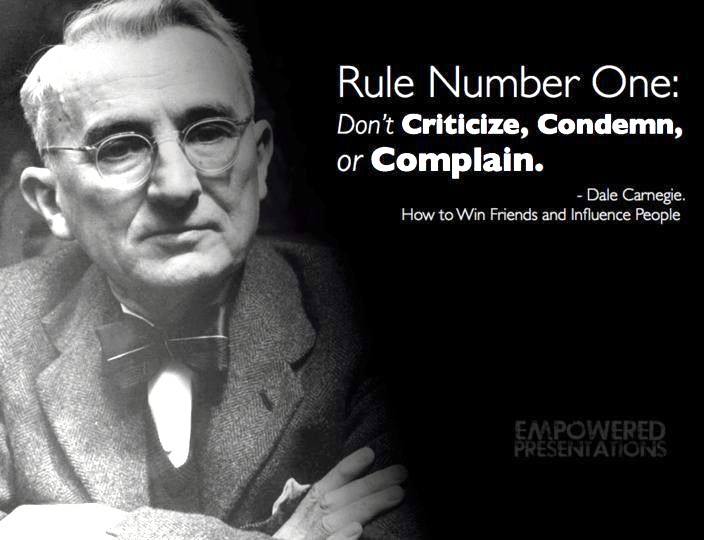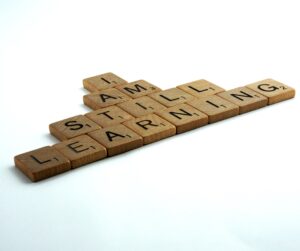
Yale Research: The Essential Leadership Skill of Knowing How to Argue Successfully
In today’s fast-paced culture, many people give in to a Closed-Door Mindset, stifling their leadership development.
Rather than seeking collaborative solutions, they criticize, condemn, and complain. This unproductive response stalls growth, making it almost impossible to find creative solutions.
Dale Carnegie, captured the essence of this toxic cycle when he said:

His wisdom reminds us, as leaders of the next generation, to create an environment where innovation thrives and relationships flourish.
In The Gratitude Series, I delve into how gratitude serves as the catalyst for cultivating a Can-Do mindset—a mindset grounded in optimism and resilience.
When coaching Next-Gen, one of the steps leaders can take to encourage a shift from criticizing to creativity is to spotlight the power of “might.”
This tiny word invites us to consider different perspectives. It guides us to see the opportunities hiding behind our biggest fears. It sparks innovation and creativity.
That’s why I’m excited about this article, drawing from a Yale Research Study, titled “Highly Successful People Argue Differently,” (One of the researchers is my nephew, Matthew Fisher. I’m a proud aunt!)
This article highlights the difference between “arguing to win,” and “arguing to learn.”
By shifting from a Closed-Door Mindset (arguing to win) to a Grateful Mindset (arguing to learn), your emerging leader broadens their perspectives and, at the same time, paves the way for deeper understanding, innovation, and creativity.
I trust that the insights in this article will inspire you to coach your emerging leaders to be grateful for differing perspectives.
Invite them to ditch the Criticize, Condemn, and Complain Culture and grab the opportunity to learn and grow.
Title: Yale research: Highly Successful People Argue Differently
Publication: CNCB.com
Author: Natasha Piñon
Date: Jan 19, 2023
You can read the article here:
Instead of trying to “win” every argument you find yourself in, you could succeed more if you look at arguments as opportunities to learn and grow.
That’s according to Matthew Fisher, a psychologist and marketing professor at Southern Methodist University, who co-authored a 2016 study while at Yale University on the benefits of “arguing to learn.” “Being willing to hear out other perspectives and engage in dialogue that isn’t simply meant to convince the other person you’re right can lead to all sorts of unexpected insights,” Fisher tells CNBC Make It.
In fact, according to Fisher, keeping an open mind during an argument not only helps you learn new things, it can also help you land on the correct answer and make others more receptive to your point of view.
What is ‘arguing to win’?
Fisher and his fellow researchers in the 2016 study set out to determine if someone’s approach to arguments can
The setup was simple: Participants had to debate hot-button topics in an online chatroom. One group was instructed to adopt a competitive mentality in order to “win” the argument, while the other group was told to “argue to learn.”
An “arguing to learn” mentality rests in viewing contentious conversations as collaborative exchanges that can deepen your understanding of a given topic, rather than battles to be won.
That mentality can hold the key to success: Research shows open-minded people perceive the world around them differently, leading to an increase in happiness and creativity.
Fisher hypothesized that those in the “arguing to learn” group would be less likely to believe there was a single, set answer to the debate at hand — and the study confirmed his theory.
People who were “arguing to win” took a hard line and only saw one right answer, while those who “argued to learn” were more likely to accept opinions that were different from their own.
Arguing to learn is ultimately a mentality, not a single set of tactics, and the key to doing it effectively rests on understanding why it matters in the first place.
Go into arguments with ‘an openness and willingness to learn’

That’s a common impulse, Fisher says, but you may be neglecting the bigger picture.
One of his key takeaways from the study is that approaching hot-button issues from an “arguing to learn” mentality can help shift your own thinking. It can also change the other person’s point of view — a rarity in our polarized times.
Keep that in mind the next time you find yourself in heated conversation, he suggests. Before digging in, set your own intentions, and remember that approaching the discussion with “an openness and willingness to learn,” will make it more likely for your conversation partner to see how your position could be true as well, Fisher says.
The benefits of that extend beyond fostering more productive debates, Fisher says.
“Time and time again, you see that the chance to bounce your ideas off other people with at least a receptiveness to being wrong gives you more accuracy. You perform better. You’re getting the right answer more often,” he explains.
Ideally, ‘both sides walk away feeling they would do that again’
In a follow-up study also published in 2016, Fisher and his colleagues found that the “arguing to learn” mentality doesn’t come naturally: Most people’s debating default is an “arguing to win” mindset.
Outside of understanding the benefits of “arguing to learn,” Fisher notes it’s also important to catch your own argumentative tendencies, which, admittedly, is easier said than done.
A good starting place: Harvard world-champion debater Bo Seo’s advice for people-pleasers looking to get better at debating.
Seo recommends thinking of a debate as an opportunity to clarify your own point of view, rather than a chance to “beat” someone else. In Seo’s telling, “both sides walk away feeling like they would do that again” in any good argument.
People are often focused on what they’re going to say next, rather than what they’re learning from an argument. So Seo’s debating basics might make it easier to get your mind off the specifics of a debate and help you truly listen to your conversation partner.
He recommends trying to hit four “primary W’s” in any argument:
- What’s your argument?
- Why is it true?
- When has it happened before?
- Who cares?
It’s advice that can benefit most people, especially in the workplace, Fisher says. In environments where people in leadership positions are unwilling to admit they’re wrong, people might be too scared to speak up — and that’s the worst-case scenario for any kind of conflict because either one point of view dominates or the problem goes unsolved.
“That’s going to actually hurt everybody in the long term,” he says.
Let’s discuss a tailor-made interview to meet your audience’s needs.
Virtual speaking event? No problem!
Check out my Speaker page HERE.
To schedule, a call contact me at danita@danitabye.com



No Comments